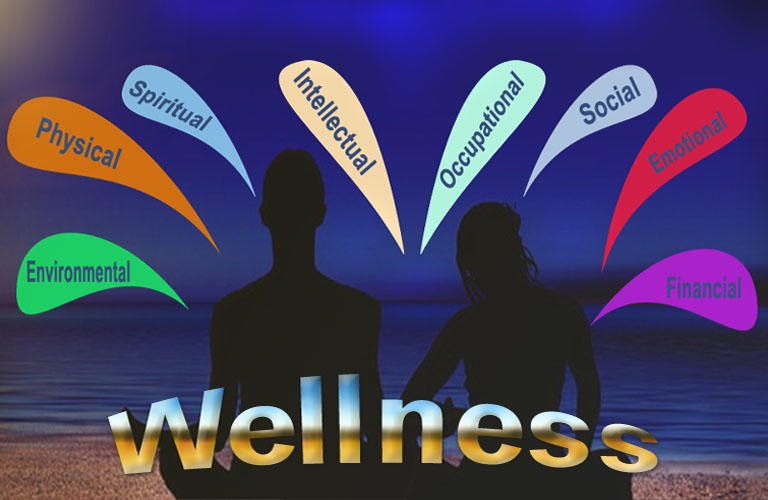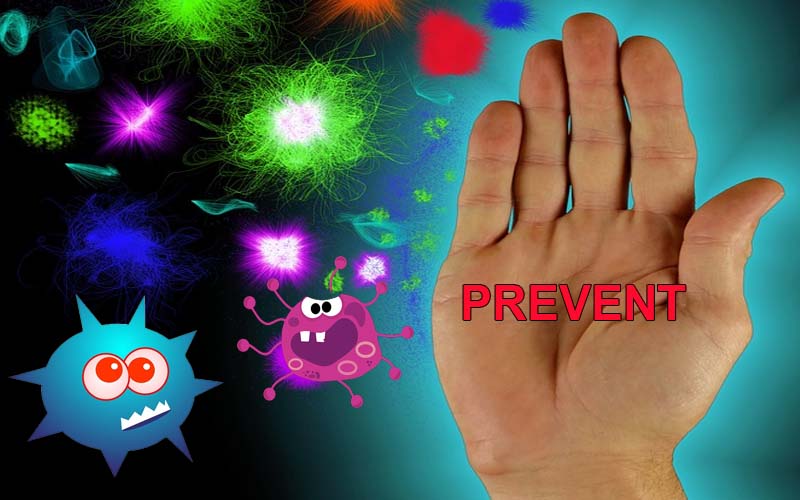What You Should Know
Wellness is about how we live our lives and the joy and fulfillment and health we experience.
Every aspect of wellness can affect a person’s life. Working toward all of them in one way or another is a great goal, because wellness relates directly to the quality of a person’s life.
Our roles and relationships help define who we are, what gives us a sense of purpose, and how our lives are interdependent on other people, animals, and the environment.
Trauma is a universal human experience, and our culture and spiritual beliefs impact our perceptions and everything we do.
To enjoy spiritual health is to possess a set of guiding beliefs, principles, or values that give meaning and purpose to your life, especially during difficult times.
An active mind is essential to overall wellness, for learning about, evaluating, and storing health and well-being information.
Maintaining emotional wellness requires monitoring and exploring your thoughts and feelings, identifying obstacles to emotional well-being, and finding solutions to emotional problems (with the help of a therapist if necessary).
Satisfying relationships are basic to both physical and emotional health.
Our personal health depends on the health of the planet -- from the safety of the food and water supply to the degree of violence in a society. Having a safe and clean living environment helps us feel organized and in control.
The eight dimensions of wellness interact continuously; influencing and being influenced by one another. Keep in mind that making a change in one dimension often affects some or all of the others.









